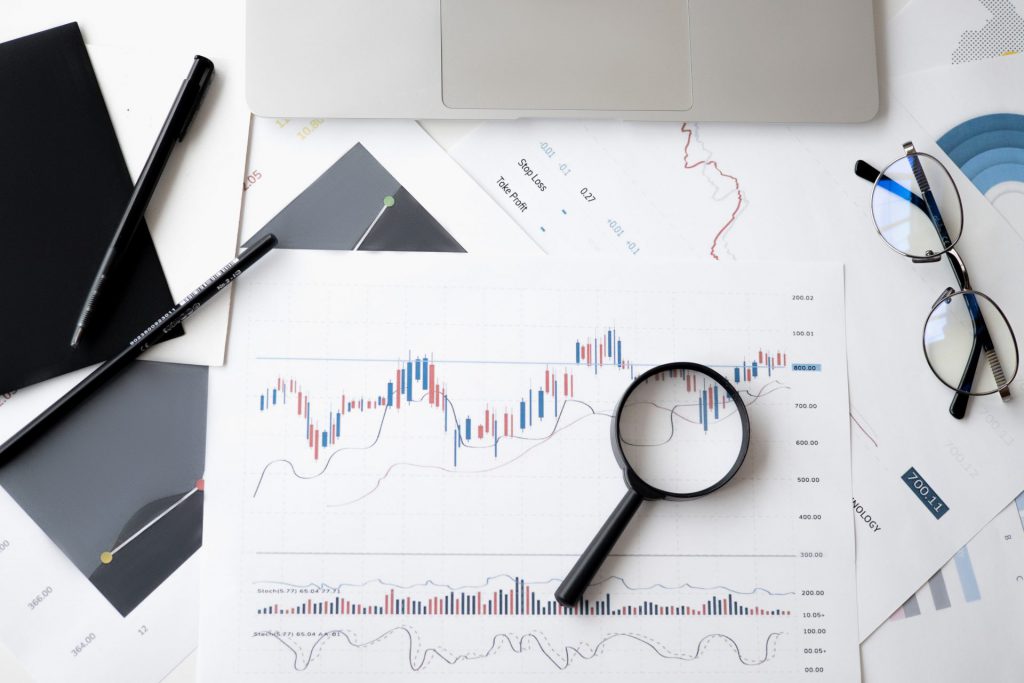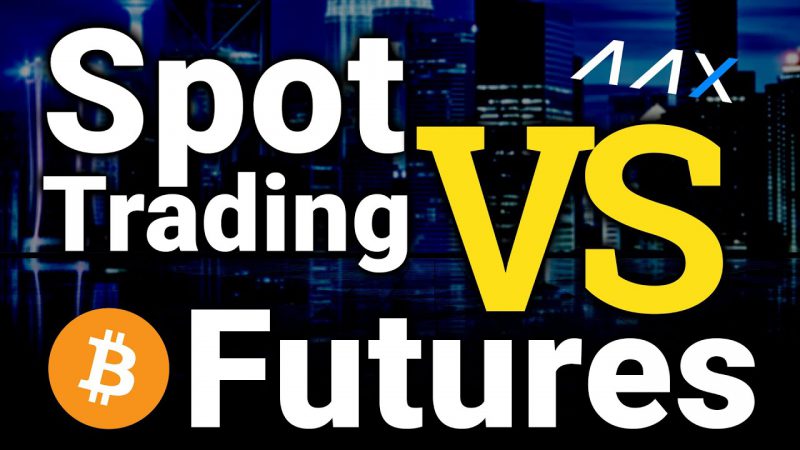As cryptocurrencies continue to gain attention, popularity, and credibility, the marketplaces for purchasing and investing in these assets become more important.
As a result, it is critical for both novice and experienced investors to understand the market dynamics to make the best possible trades.
Spot trading is the buying or selling a foreign currency or commodity for immediate delivery on a specified spot date. Whereas future trading is an agreement to buy or sell an asset at a specified price at a future date.
Let us dive into some of the distinct differences between futures trading and spot trading.
Difference Between Futures Trading and Spot Trading


1. Leverage
With leverage, futures trading becomes extremely capital-efficient. Using a futures contract, you can open a 1 BTC futures position at a fraction of its market value.
Spot trading, on the other hand, does not offer any leverage. For example, to purchase 1 BTC on the spot market, you may require thousands of dollars. In this case, assuming you only have 10,000 USDT, you could only afford to buy 10,000 USDT worth of Bitcoin.
2. Market Price
Although futures prices settle daily, the price of the contracts differs from the underlying spot or cash market.
Interest, financing, and storage costs, to name a few, are all part of the cost of holding a futures contract.
Traders incur these expenses during the month in which they trade.
On the other hand, carrying returns are dividends and bonuses paid out during the time you own the commodity contract.
Despite price differences between the futures and spot markets, as the contract’s expiration date approaches, the futures and spot prices tend to converge.
3. Flexibility to Go Long and Short
If you hold cryptocurrencies in the spot market, you may benefit from capital appreciation as their value rises over time.
In contrast, futures contracts allow you to profit from short-term price movements in either direction. Even if the price of Bitcoin falls, you can benefit from the downtrend as prices continue to fall.
Futures contracts are used to safeguard against possible risks and extreme price fluctuations. This makes them an excellent choice for miners and long-term investors.
4. Real vs. Synthetic
Spot markets deal with trading a real asset, whereas futures markets deal with a Derivative, a synthetic commitment between two parties.
If you hold a standard futures contract to its expiration date, you will frequently need to buy or sell the actual underlying asset. However, based on the asset’s price on the contract’s due date, some contracts are settled in cash.
Perpetual Swaps, a popular offering on crypto exchanges, is a derivative similar to a futures contract except it never expires, simulating a spot holding.
The utility of a Futures contract that never settles or expires will be made clear by the end of this post.
READ ALSO: VanEck to Launch Bitcoin Futures ETF in the US
5. Trading Fees
Spot crypto exchanges typically charge a fee ranging from 0.1 % to 0.2 % of the position for each trade. Futures trading commissions generally are 50% to 80% lower.
While there is a difference on paper, futures traders typically use higher leverage. This results in larger positions and, as a result, paying comparable fees.
Future and Spot Trading
As seen above, both future and spot have a characteristic that can best suit your needs. Before going for either, always ensure to do a lot of research.





